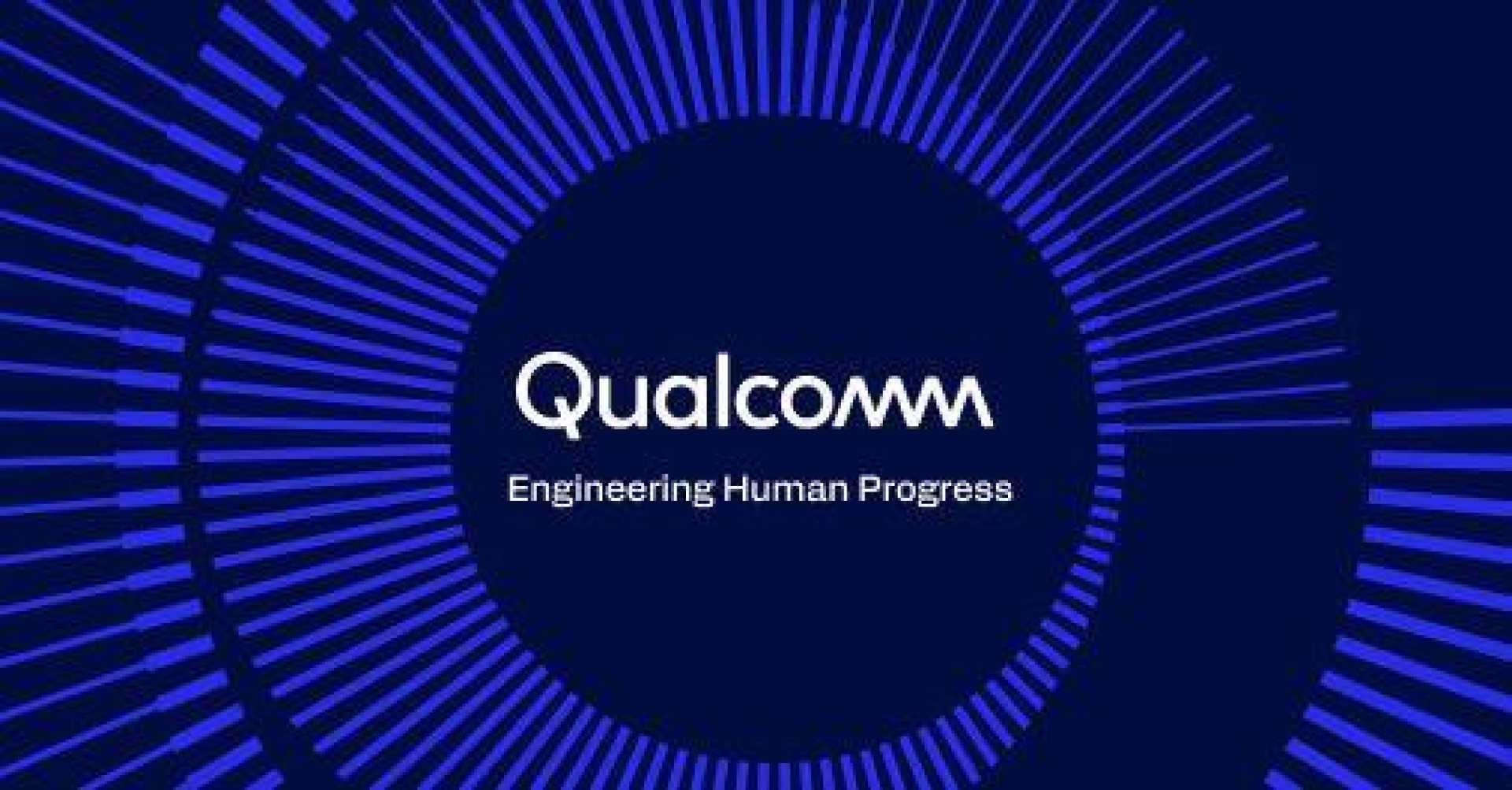Business
Qualcomm Eyes Strategic Acquisition to Expand AI Capabilities

SAN DIEGO, Calif. — Qualcomm Inc., a leading mobile chip developer, is pursuing strategic acquisitions to strengthen its position in the rapidly evolving artificial intelligence (AI) market. The company announced that it is considering an acquisition offer for Alphawave IP Group, a U.K.-based semiconductor firm specializing in high-speed connectivity technology for AI applications.
Qualcomm’s announcement was made in a statement to the London Stock Exchange, indicating its intention to leverage Alphawave’s expertise in AI infrastructure. Jack Gold, principal analyst at J.Gold Associates, emphasized the importance of networking in AI systems, stating, “This would help them, primarily in the lower-to-mid range of the enterprise market.” Qualcomm has until April 29 to formally decide on its offer due to U.K. takeover regulations.
In addition to Alphawave, Qualcomm has also confirmed its acquisition of MovianAI, the generative AI division of Vietnam’s Vingroup conglomerate. Led by Hung Bui, who has extensive experience in advanced AI research, MovianAI aims to enhance Qualcomm’s operational capabilities in AI innovation. Jilei Hou, Qualcomm Technologies’ senior vice president of engineering, highlighted the significance of this acquisition, noting, “This acquisition underscores our commitment to dedicating the necessary resources to R&D that makes us the driving force behind the next wave of AI innovation.”
Qualcomm’s primary revenue stream has historically come from mobile phone manufacturers, reporting over $24 billion from mobile handset chips, which accounts for approximately 64% of its total revenue in the 2024 fiscal year. However, the company faces the challenge of diversifying its portfolio amid projections showing limited growth in smartphone sales through 2029. Compounding this issue is Apple‘s gradual phaseout of Qualcomm modems in iPhones, starting with this year’s iPhone SE.
Mario Morales, an analyst at IDC, expressed concern about Qualcomm’s market position: “If Samsung Electronics does the same thing, then Qualcomm is going to definitely need some new market segments to drive the growth they can potentially lose.” Samsung, being Apple’s primary competitor, manufactures its own smartphone processors and memory chips, making it a significant factor in Qualcomm’s future.
In terms of AI technology, Qualcomm has introduced the Cloud AI 100 Ultra AI accelerator but recognizes the need for an expanded AI infrastructure, including storage solutions and networking technology, both of which could be bolstered through the proposed Alphawave acquisition. Morales stated, “AI accelerators, networking, and storage will eventually converge as a platform for running AI applications. It makes a lot of sense overall for Qualcomm. Now is the time to find the next areas of growth for the company.”
Furthermore, Ryan Shrout, president of technology consulting firm Signal65, noted the competitive landscape, particularly against rivals like Nvidia, Intel, and AMD. He stated, “If you’re going to compete against Nvidia to some degree, and against Intel or AMD, then you need to have some pieces of AI infrastructure, or all of it.”
Qualcomm is also transitioning to its own custom Oryon CPU architecture due to ongoing licensing disputes with Arm Holdings, which has added another layer of complexity to its business strategy. This transition is critical as the demand for advanced computing technology accelerates in various sectors, including automotive and Internet of Things (IoT) devices.
Antone Gonsalves, an editor at large for Informa TechTarget, emphasized the importance of Qualcomm’s course of action in the context of its future growth and sustainability in the tech market. Prospective updates on Qualcomm’s acquisition strategies and their effects on the semiconductor landscape will continue to be observed as crucial developments unfold in the coming months.












